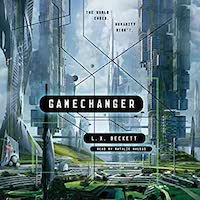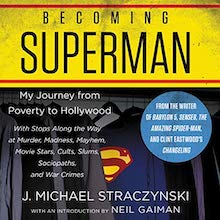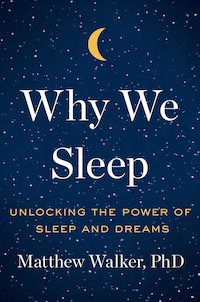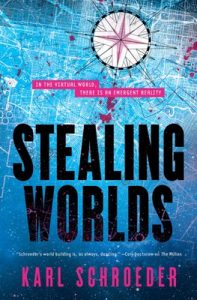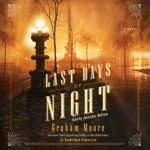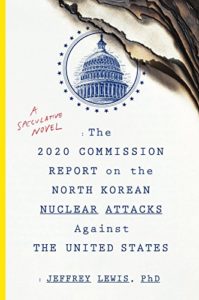Recommended Reading: The Once and Future World
Saturday, July 11th, 2020The Once and Future World: Nature As It Was, As It Is, As It Could Be
by J.B. MacKinnon
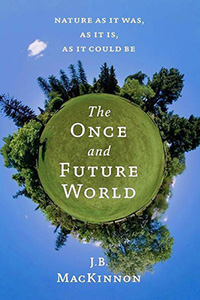 This book was given to me by a reader who thought I might be interested. He was right! The topic is one of my core interests, and it’s even more timely as I begin the process of pondering my next novel.
This book was given to me by a reader who thought I might be interested. He was right! The topic is one of my core interests, and it’s even more timely as I begin the process of pondering my next novel.
The Once and Future World begins with a startling look at the former abundance of both plant and animal life on Earth — and how much things have changed since humans came on the scene.
Around the world, our ancestors tended to wipe out megafauna whenever they found their way to new lands. In the modern world, the process of extinction goes on. The past centuries of global exploration and exploitation have caused wildlife populations to plummet everywhere, with many species lost forever. However, this book is not only about loss. MacKinnon looks ahead, asking how and to what extent we might be able to admit nature back into our highly industrialized lives, and what benefits such an effort would bring, not only to us, but to the health and to the intrinsic wonder of our world.
A few years ago I read Charles C. Mann’s 1491, about the civilizations of north and south America prior to the arrival of Columbus. Its descriptions of human interactions with the environment profoundly changed the way I see the natural world and our place in it. The Once and Future World engages in similar ideas, accepting that humanity will shape nature, while insisting we do not need to continue destroying the diversity and abundance of life here on Earth.
If you go looking for The Once and Future World, be aware there are at least three different covers. The one I’ve used here is, honestly, the ugliest of the trio, but it’s from the American edition, so it’s the one most of you will see. (Readers in Canada get a charming fox instead.)








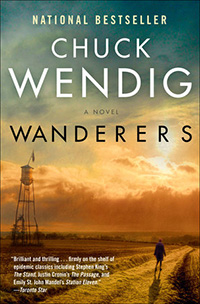
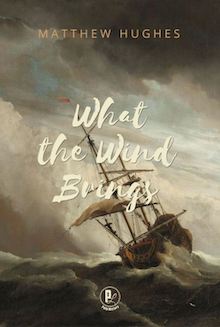
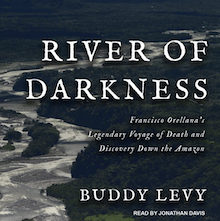 River of Darkness: Francisco Orellana’s Legendary Voyage of Death and Discovery Down the Amazon by Buddy Levy
River of Darkness: Francisco Orellana’s Legendary Voyage of Death and Discovery Down the Amazon by Buddy Levy